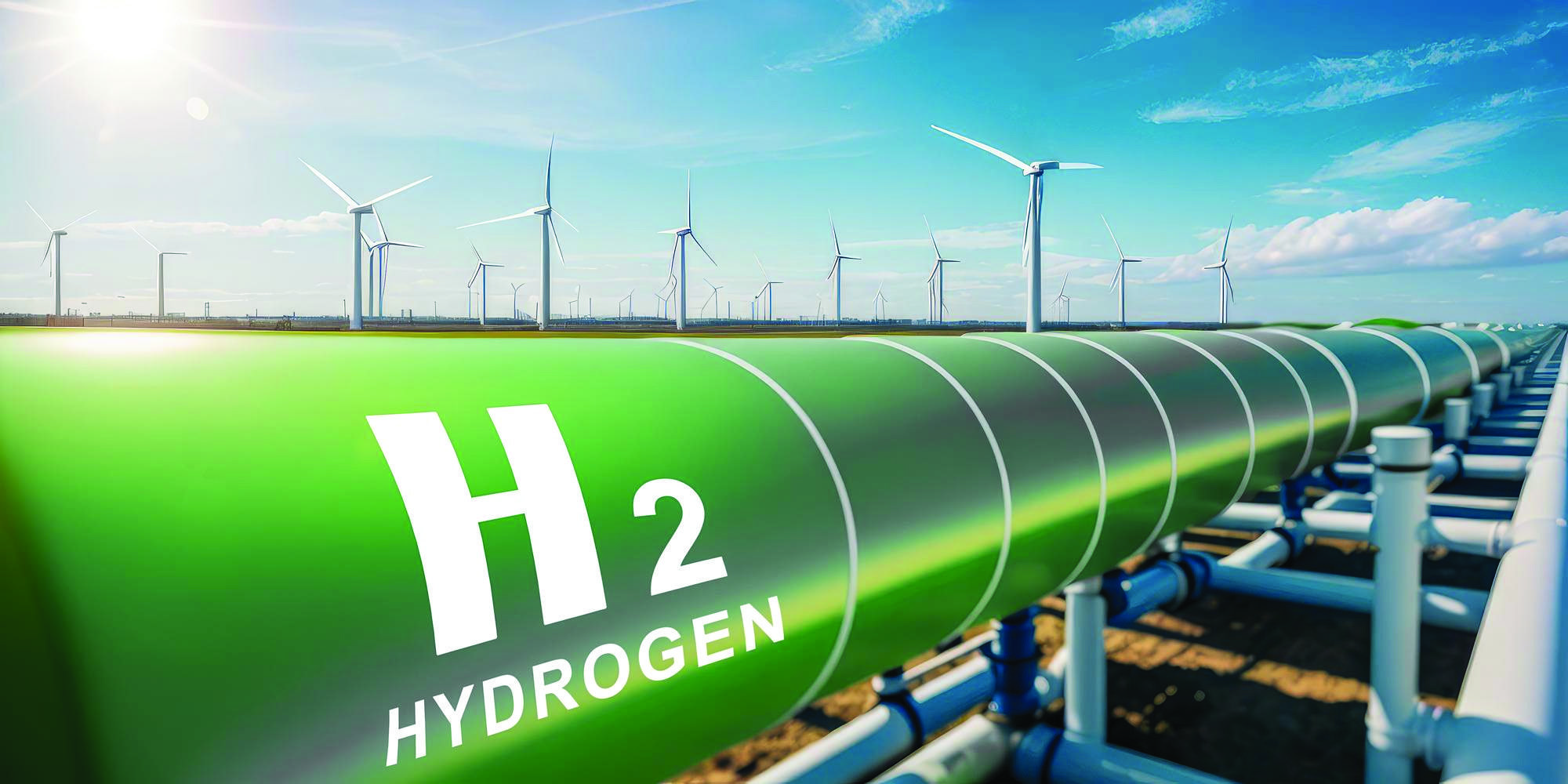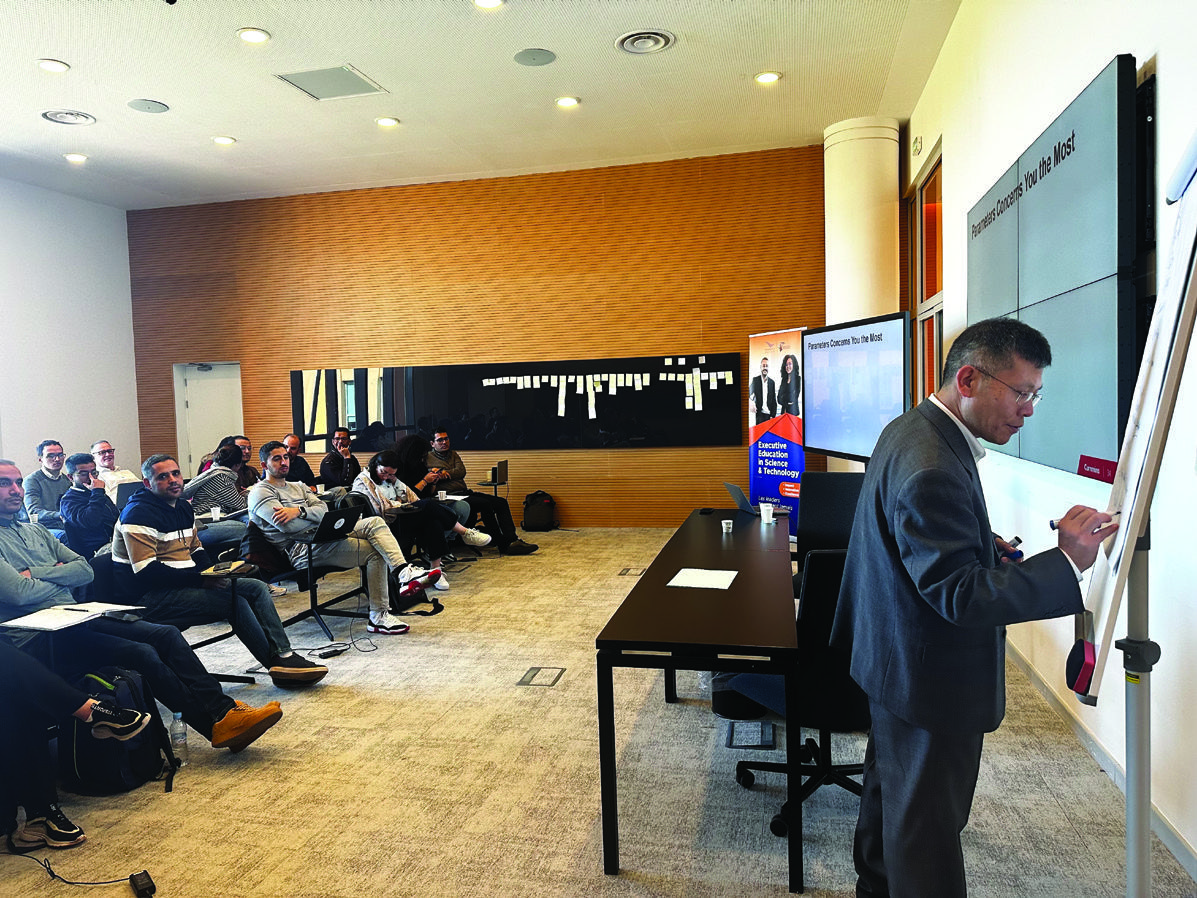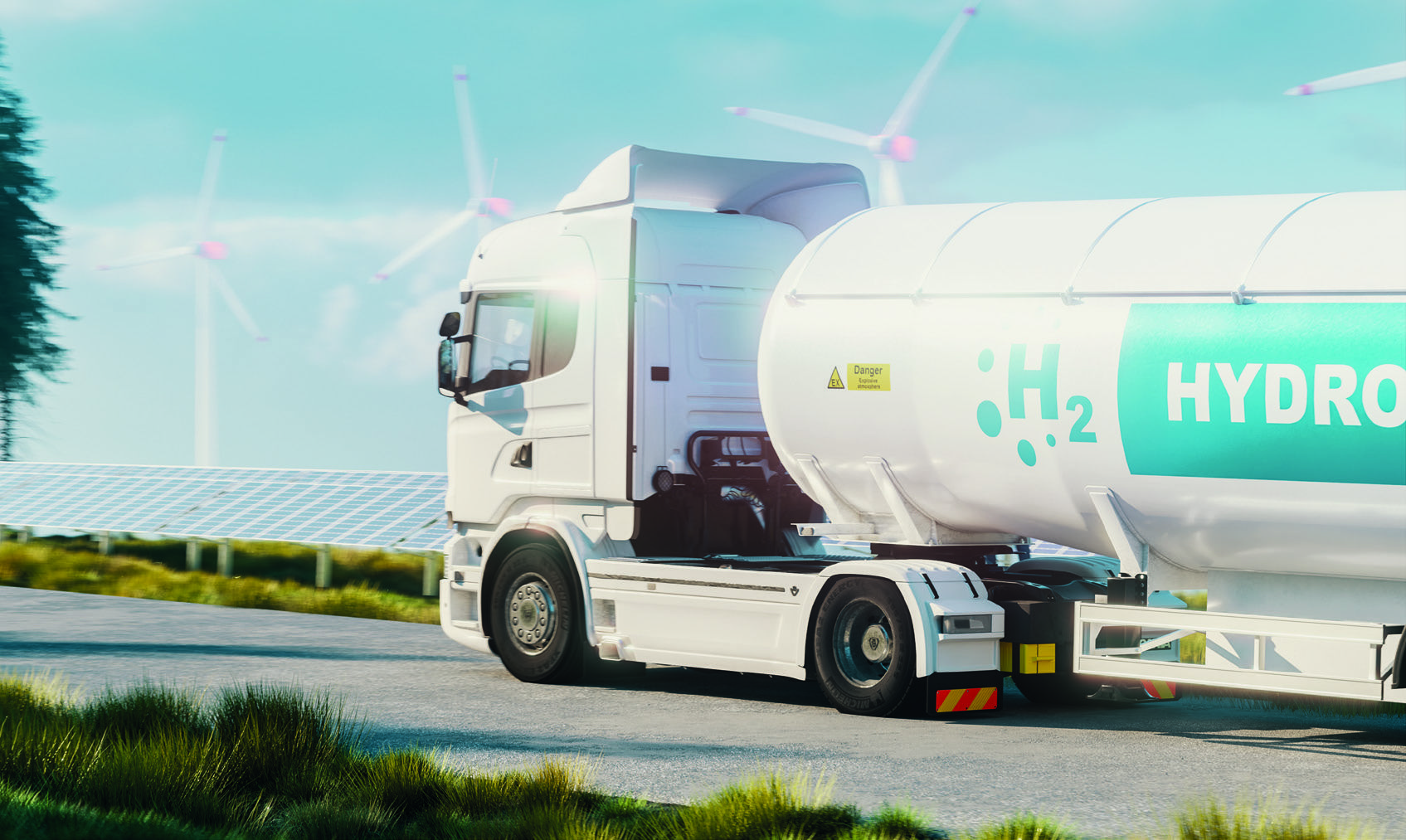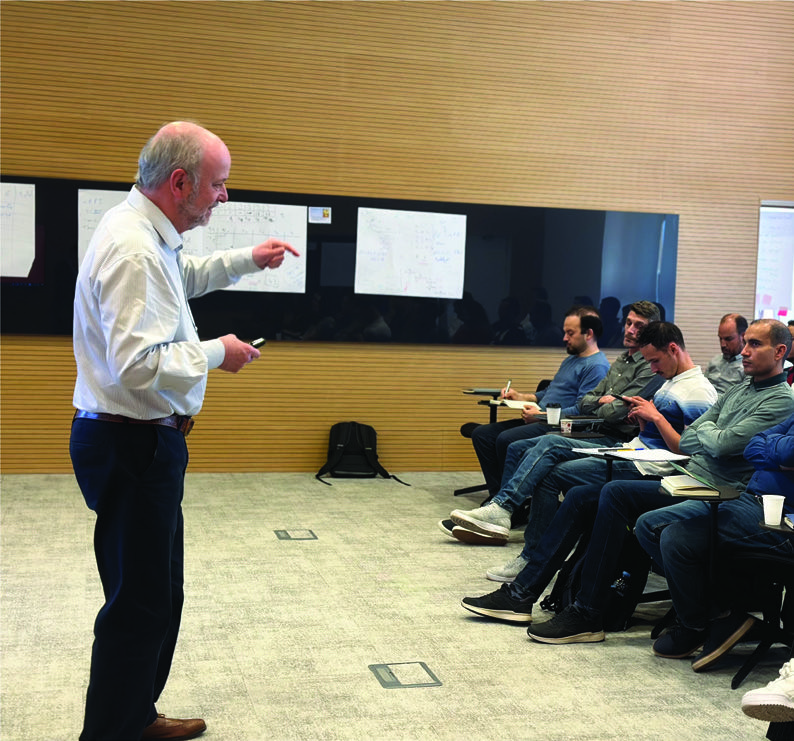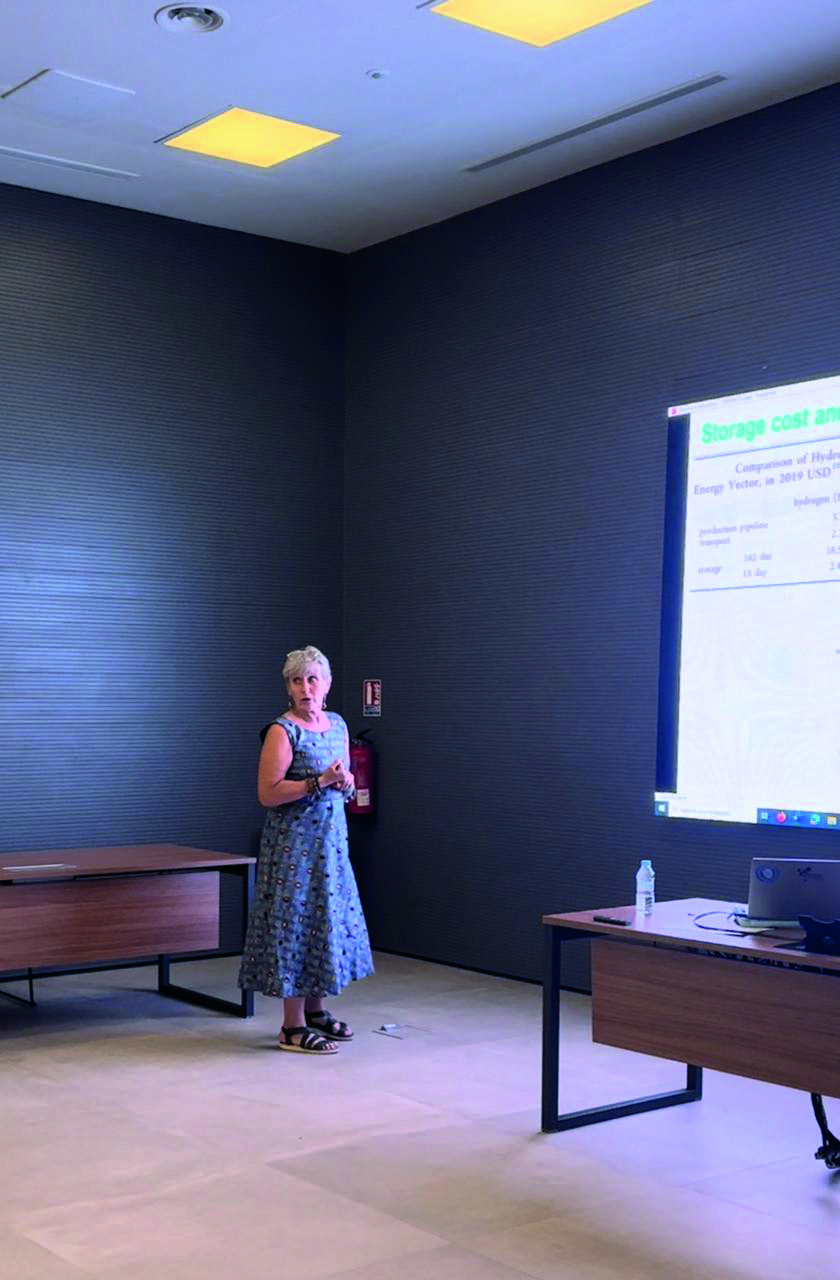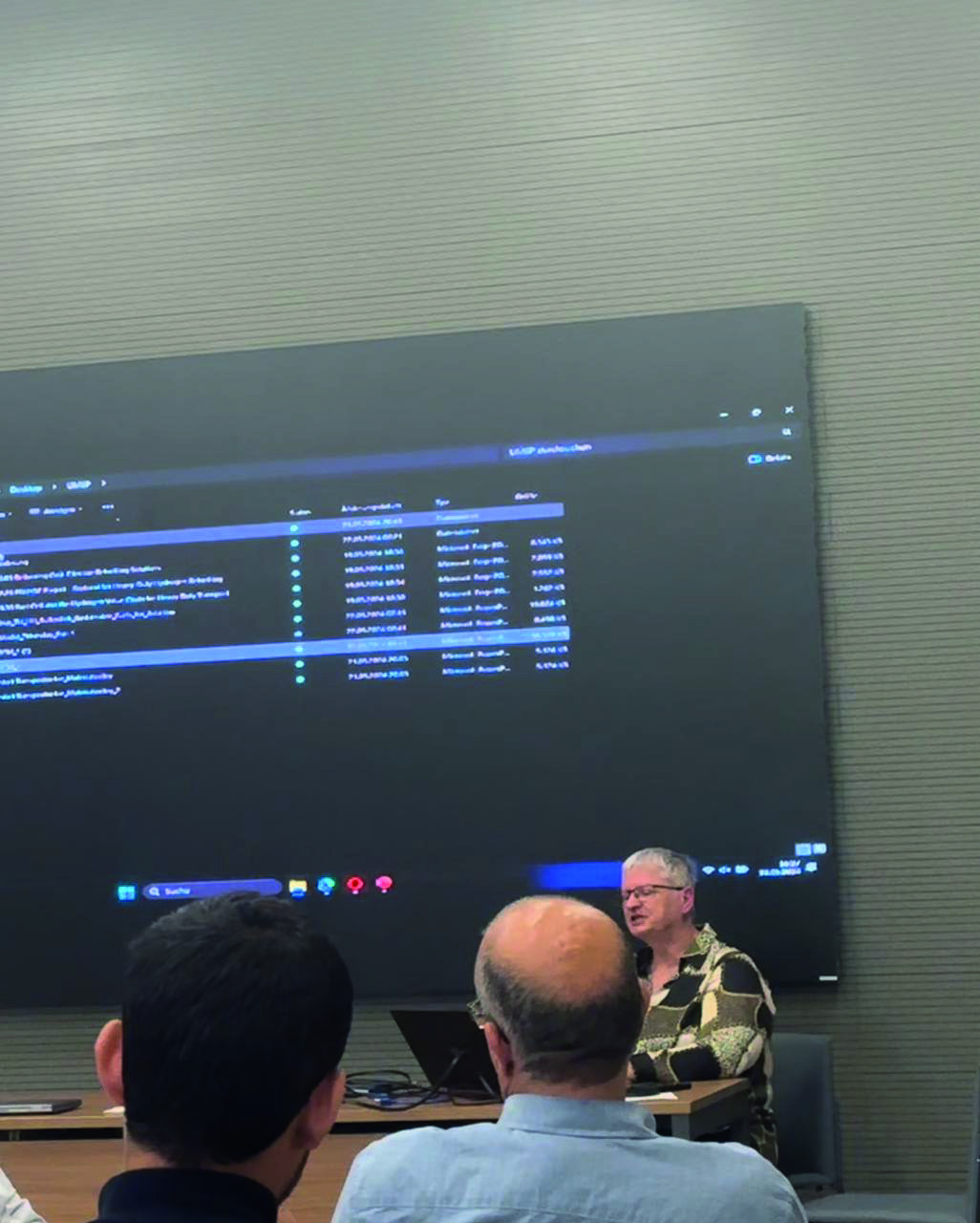OBJECTIVE
The Executive Master in Green Hydrogen and its Applications is rigorously designed to equip industry leaders with the essential skills and knowledge needed to excel in the booming field of green hydrogen and green ammonia technologies. Our comprehensive curriculum encompasses both fundamental principles and technical details, ensuring participants gain a deep understanding of hydrogen production, storage, and transportation methods. Moreover, we delve into critical areas such as safety protocols, regulatory frameworks, and strategic business considerations vital for navigating the complexities of a hydrogen economy.
Participants of our program will engage with cutting-edge knowledge and practical applications, equipping them to address the multifaceted demands of the industry with confidence and expertise. Through collaborative learning and expert guidance, our aim is to cultivate a cohort of visionary leaders prepared to shape the future of green hydrogen and its applications.





